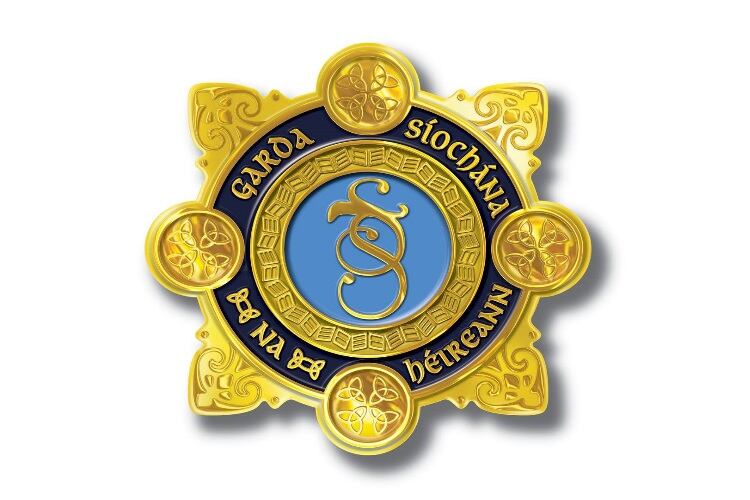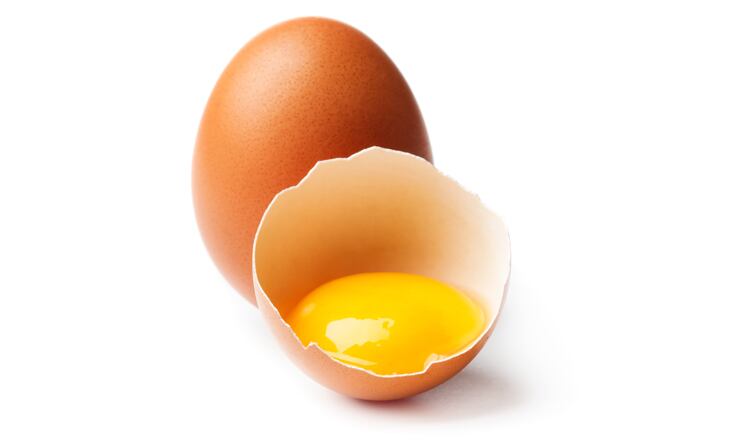Saffron laced with other lower-quality ingredients was found in outlets in the county, West Sussex County Council has just confirmed.
Officers carried out testing on ten samples of the product as part of a small-scale market surveillance exercise and seven were adulterated with cheaper plant fibres. The samples related to product sourced partly from a wholesaler and partly from an importer and sold online and in shops by businesses in the Adur and Worthing areas.
Many of the samples originated from Spain so Trading Standards reported the findings to the Food Standards Agency (FSA). The FSA's National Food Crime Unit shared details of West Sussex County Council's investigation with the Spanish Authorities. A total of 90kg of product was then seized from a factory in Spain.
Food Standards Agency
A spokeswoman for West Sussex County Council told Food Manufacture: “Testing took place in 2017 and our local work took a couple of months. We shared the information with the FSA who forwarded details to the Spanish authorities."
She confirmed that no other more recent cases of adulterated saffron being sold in the West Sussex area had been identified.
A spokeswoman for the FSA said: “Food criminals do not respect international boundaries. That’s why our work with other countries to ensure co-operation on suspected food fraud cases – such as this investigation by West Sussex County Council – is important, and supports successful interventions like this one.”
Genuine saffron sells for £6 to £8 per gramme. The method of adulteration usually consists of mixing the pure saffron fibres with other cheaper fibres.
‘Excellent result’
“Genuine saffron is an expensive product, so the potential to make money from adulteration is high,” said Peter Aston, West Sussex Trading Standards team manager. “This is an excellent result for our Trading Standards service, which has led to an international investigation and the discovery of thousands of pounds worth of adulterated saffron.”
Jacquie Russell, West Sussex County Council Cabinet Member for Safer, Stronger Communities, said: “Deceiving customers through the sale of adulterated saffron is a serious offence, hurting both innocent buyers and legitimate businesses.
“I would like to thank our Trading Standards team for their hard work, which resulted in this international investigation.”




